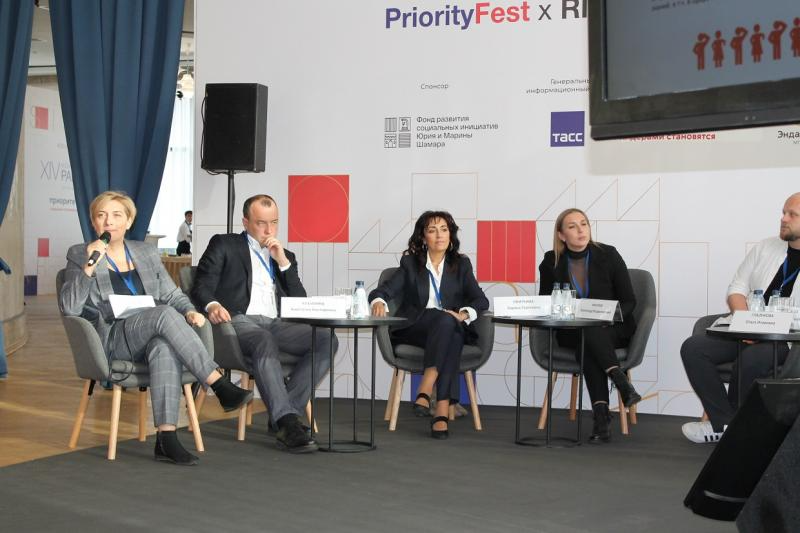Experts outline three principles for the education of the Future

The XIV Congress of the Russian Association of International Studies was held in Moscow. The forum session was moderated by Nadezhda Plotnikova, Director of Development at FederalPress Media Holding. Professionals in the field of digital learning named three principles on which the education of the Future would be based. For more details, please see the FederalPress article.
The first principle is the integration of business and higher education institutions. The world is changing very rapidly, every year there are new requirements for the knowledge and skills of students. Today, universities are faced with the fact that yesterday's students do not meet the requirements of the market, do not have the necessary knowledge expected of them by employers.
The education system of the future will be built around information technologies. Understanding of these technologies will, in turn, be assessed on the scale of digital competence - the ability to solve a variety of tasks using information technology. To put it simply, the student of the future must not only understand the field of science he or she studies, but also understand the impact of information technology on that field of work.
Larisa Pritchina, Deputy Director of Odintsovo branch of MGIMO, told how to achieve this. According to her, today there are no fields of science that do not use information technology. For instance, in linguistics, artificial intelligence they are used for text analysis.
Strategic sessions of the Innovation in Education project, which brings together professors, business representatives, IT companies and government agencies, are held to solve this problem. At these sessions, the state and big business formulate tasks for universities and explain new market requirements. This allows the education system to respond flexibly to changes.
«There is no need to prepare soldiers for the past war, you have to prepare them ahead of time. An iconic example of our approach is the specialisation in business analytics, whose requirements have been shaped by business itself», – Larisa Pritchina explained.
The second area in creating the educational system of the future is the use of artificial intelligence. Sergei Krasko, co-founder of the IBLS digital education programme, spoke about the role of digital technology in the assessment of the knowledge level of schoolchildren and students.
According to Krasko, the use of artificial intelligence in education has a number of advantages:
- Personalisation of the educational journey - The AI analyses a student's successes and failures and proposes a personalised curriculum based on its analysis.
- Saving resources - AI replaces humans, processes large amounts of information, and assesses students' tests.
- Creating new types of learning materials - artificial intelligence analyses the information environment and creates new tasks for the student much faster than the instructor.
- Increasing transparency and impartiality - it is always possible to compare how a student is evaluated by artificial intelligence and how an instructor does.
Krasko also outlined specific educational tasks that artificial intelligence can solve. They include assessment of student skills, behavioural analytics in teacher and student chats, increasing student motivation and so on. Educational technologies based on artificial intelligence can detect the level of knowledge of a pupil with sufficient accuracy, save teachers' administrative resources and predict the results of tests and exams.
Asked by a journalist whether the active use of AI will hinder the socialisation of students, Krasko said that information technology should be seen as a supplement to communication between teachers and students, but by no means as a substitute for it.
The third innovation in teaching was the project-based approach. Alexander Chikurov, Education Programme Coordinator at the Schiffer Institute, talked about its application in the “Pedagogics of Mental and Action approach” programme. The education of the future is based on solving concrete problems or participating in projects.
According to Chikurov, the learner has to be put into a concrete problem situation in which he or she has to demonstrate certain competences in practice. The think-tank approach in pedagogy is based on the fact that the child has to explain himself/herself how he/she solved this or that problem by analysing his/her actions while solving the problem.
«Immersing the child in a situation of necessity for action is the coolest approach in assessing a child. The child does not always understand why he/she needs integrals, but understands why he/she needs ways to solve the problem», - Chikurov commented on the new education system.
Back

